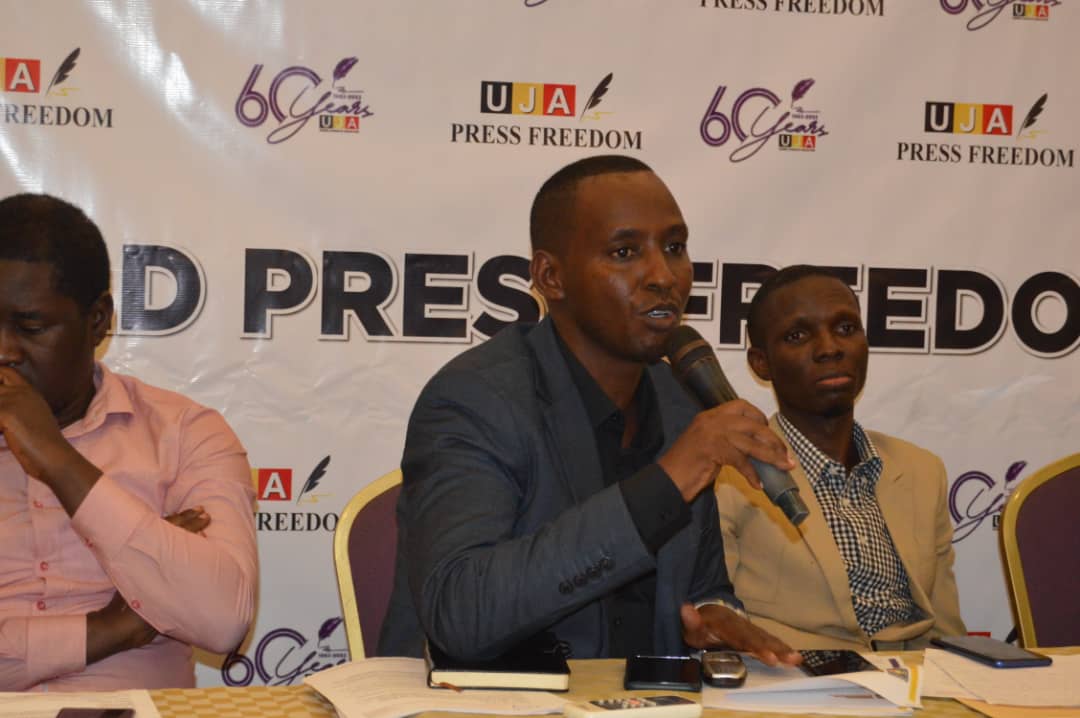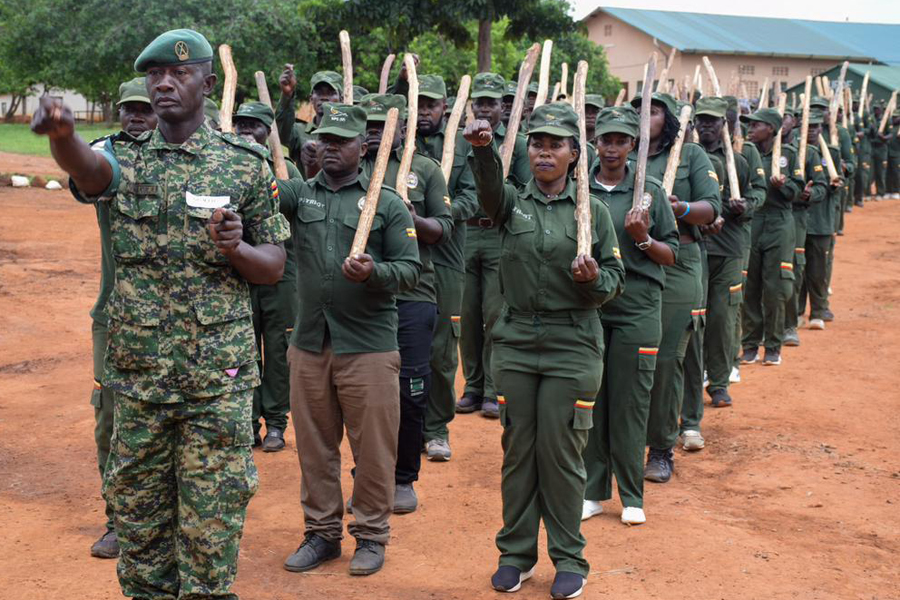SPOILERS AHEAD: “The Harder They Fall” rises to the occasion
The first time I witnessed “The Wild Wild West” becoming a “black thing” was when rapper Kool Moe Dee released a song of the same time title in 1988.
The second time was with Mario Van Peebles’s “Posse”, a 1993 Western film showcasing a predominantly black ensemble cast.
This time, in the movie “The Harder They Fall”, an outlaw from the Wild Wild West called Nat Love (Jonathan Majors) brings his un-crackable black to take on an equally un-crackable Rufus Buck (Idris Elba) — the man who executed both of his parents right before his pubescent eyes.
Then, after this heinous act, branded a pre-teen Nat with a scalpel and thereby set the stage for this film’s main theme: revenge.
As Rufus and Nat play two protagonists stuck high noon mode, there are a lot of bloodfeuds as undercards and lesser characters are set on collision courses that can only end with a bang instead of a whimper.
Nat’s posse comprises quick-draw gunslinger Jim Beckwourth (RJ Cyler), sultry stagecoach way layer Mary Fields (Zazie Beetz), a tomboyish Cuffee (Danielle Deadwyler) and the very smooth Bill Pickett (Edi Gathegi).
This is a formidable group of cowboys, and girls. The kind of outlaws who shoot first and leave somebody else to ask questions later.
Buck’s posse is no less formidable, and certainly more fearsome with ‘Treacherous’ Trudy Smith (Regina King) and quickest-draw in the Wild West Cherokee Bill (Lakeith Stanfield) as well as a bunch of other black flunkies who love shooting anything that moves.
The backstories revolving around the characters in this movie are intriguing.
Mary and Nat, for instance, are still resolving the ins and outs of a paradise lost (and regained) between them.
Mary Fields: I said leave.
Nat Love: What was that kiss for then?
Mary Fields: To remind you of what was.
Mary Fields (then punches Nat in the face): That’s to remind you of what is.
Their off/on relationship adds emotive undertows to some sparky performances between them and the rest of the cast.
Delroy Lindo brings the smoke that never clears with an excellent performance as Bass Reeves, the first Black Deputy Marshall.
King’s “Treacherous” Trudy is the main draw, though.
Her menacing calm is packed with an underlying aggression, ready to explode into shrapnel that will leave everyone injured.
Whereas Rufu’s psychological profile is clarified by the loss of a loved one and this turns him into an unfeeling killer, Trudy seems to be less of the psychopath and more of the psychotic.
According to simple dime store psychology, being psychotic (or suffering from what doctors call psychosis) implies that someone has lost their grip on reality.
A psychopath, on the other hand, has feelings but has antisocial tendencies too.
Psychosis is often a symptom of another condition, while psychopathy is a personality trait.
With Trudy, her psychosis clearly comes from the trauma of losing her sister as a child.
It triggered her cold-heartedness.
Rufus, however, suffered similar trauma but is still able to feel as evidenced in his final showdown with Nat Love.
There’s a powerful reckoning here, something worth watching.
The soundtrack, too, melodizes our viewing pleasure with the musical scores blending reggae with classic tracks such as Fela Kuti’s ‘Let’s Start’.
In the end, however, it’s the storyline which earns this movie its plaudits as it rewrites the Wild West’s mythology to give it an urban contemporary feel which victoriously carries across the finish line.













